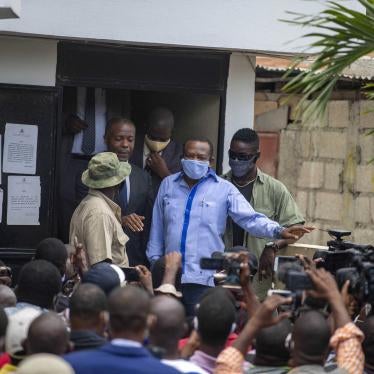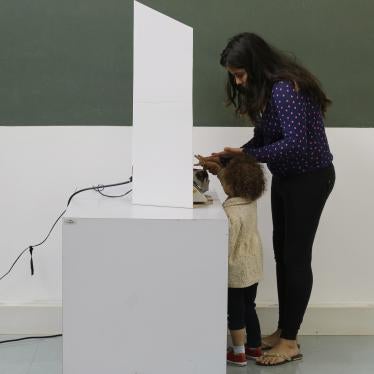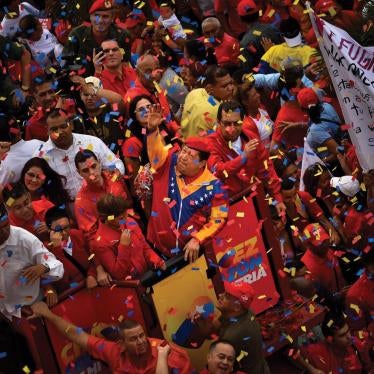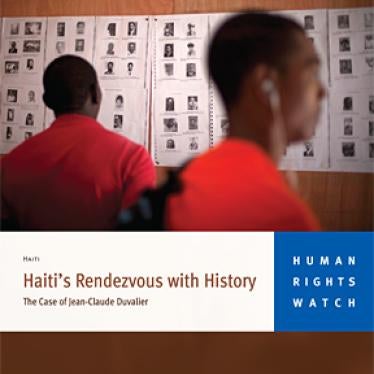Despite Fidel Castro’s resignation today, Cuba’s abusive legal and institutional mechanisms continue to deprive Cubans of their basic rights, Human Rights Watch said today. The counterproductive US embargo policy continues to give the Cuban government a pretext for human rights violations.
“Even if Castro no longer calls the shots, the repressive machinery he constructed over almost half a century remains fully intact,” said José Miguel Vivanco, Americas director at Human Rights Watch. “Until that changes, it’s unlikely there will be any real progress on human rights in Cuba.”
For almost five decades, Cuba has restricted nearly all avenues of political dissent. Cuban citizens have been systematically deprived of their fundamental rights to free expression, privacy, association, assembly, movement, and due process of law. Tactics for enforcing political conformity have included police warnings, surveillance, short-term detentions, house arrests, travel restrictions, criminal prosecutions, and politically motivated dismissals from employment.
Cuba’s legal and institutional structures have been at the root of its rights violations. The rights to freedom of expression, association, assembly, movement, and the press are strictly limited under Cuban law. By criminalizing enemy propaganda, the spreading of “unauthorized news,” and insult to patriotic symbols, the government curbs freedom of speech under the guise of protecting state security. The courts are not independent; they undermine the right to fair trial by restricting the right to a defense, and frequently fail to observe the few due process rights available to defendants under domestic law.
“Since Fidel Castro first turned power over to his brother, the Cuban government has occasionally indicated a willingness to reconsider its approach to human rights,” said Vivanco. “But so far it hasn’t taken any of the steps needed to end its abusive practices.”
In December 2007, the Cuban government announced its intention to ratify the International Covenant on Civil and Political Rights, and the International Covenant on Economic, Social and Cultural Rights. The ratification, if it occurs, would represent an important break from Cuba's longstanding refusal to recognize these core human rights treaties.
However, the Cuban government still needs to take concrete steps to decriminalize political dissent, Human Rights Watch said. Specifically, it should unconditionally release all political dissidents. It should also repeal the provisions of the penal code that provide the basis for gross violations of human rights.
“This would be a good time for the US government to revisit its failed embargo policy,” said Vivanco. “By lifting the embargo, Washington could deprive Raúl Castro of the underdog image that his brother exploited so effectively.”
For more than four decades, the US government has used Cuba’s dismal rights record to justify a sweeping economic embargo aimed at toppling the Castro regime. Yet the policy did nothing to bring change to Cuba. On the contrary, it helped consolidate Castro’s hold on power by providing his government with an excuse for its problems and a justification for its abuses. Moreover, because the policy was imposed in such a heavy-handed fashion, it enabled Castro to garner sympathy abroad, neutralizing international pressure rather than increasing it.
“The Bush administration should end the trade and travel bans that hurt both ordinary Cubans and their Cuban-American relatives,” Vivanco said. “After a half century of ineffective policies, it’s time for the US to adopt a more pragmatic, multilateral approach in pressing Cuba to respect political freedoms.”








